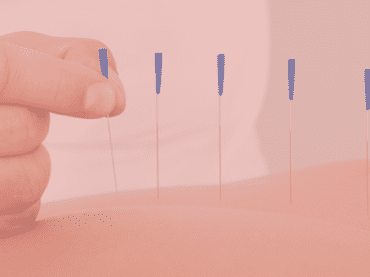Rehabilitation after operations
What surgeries require post-operative reconstruction?
Each technique requires exercises to rehabilitate the knee, joints or bones after surgery. Some of these rare surgeries are:
Johnson Insertion and Column Surgery: This includes surgery to repair the disc, included hard disk surgery, and hard disk surgery.
Orthopedic surgery: Muscle, bone and joint replacement falls under this category.
Obstetrics and Gynecology Surgery: Hysterectomies, postpartum and gynecological repairs fall into this category.
Thoracic Surgery: When the surgery is related to internal organs like heart, liver, lungs and other internal organs, the operation is known as thoracic surgery.
Breast surgery: Breast surgery for cysts and other matters that fall under this procedure.
Urology: Surgery of the prostate and bladder is known as urology.
Now that we know the types of surgeries that require post-operative rehabilitation, you can now have an idea about the fact whether you need to undergo such an operation or not.
The role of post-surgical rehabilitation
According to recent studies, post-surgical rehabilitation plays a very important role in the healing of muscles, joints as well as internal organs as well. Studies have also shown that preoperative exercises are beneficial for good preparation for the operation.
Older people are the ones who undergo such major surgeries. To cope with the entire mechanism and after-effects of surgery, exercise as well as physical therapy routine is a must.
Below is a simple step-by-step flow chart that shows what happens if a patient does not undergo post-surgical rehabilitation:
The first step:
Functional status before surgery:
Before undergoing major surgery, the body and mind are already in a stressed state. To overcome this, exercise should be performed before surgery; However, there is still some residual function before a major operation.
The second step:
Major surgery
After one prepares oneself for surgery, the second step involves undergoing surgery.
The third step:
Surgical stress and physical activity level
Because physical activity is reduced after surgery, this leads to postoperative fatigue. If postoperative rehabilitation is not started immediately after surgery; The patient can suffer a mental, and even physical, collapse.
The fourth step:
Lack of air conditioning
When a patient lies in bed for a long time after major surgeries, the mind suffers from problems such as anxiety and depression. It must also be remembered that deconditioning is also part of surgical stress.
Step 5:
Functional decline
This also falls under surgical stress, and is known to be an after-effect of deconditioning. When a postoperative patient does not practice postoperative rehabilitation, one can see a significant decrease in physical activities as well.
Also, participation in social activities is reduced. Which leads to further deterioration in brain function.
Step 6:
Postoperative complications
All the above steps combine to form postoperative complications. In such cases the patient does not fully recover from the surgery either mentally, physically or both.
To avoid postoperative complications, postoperative rehabilitation is a must.














